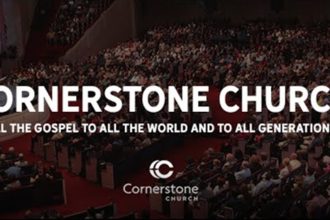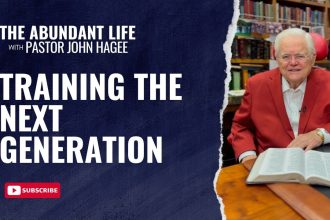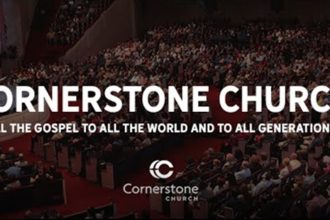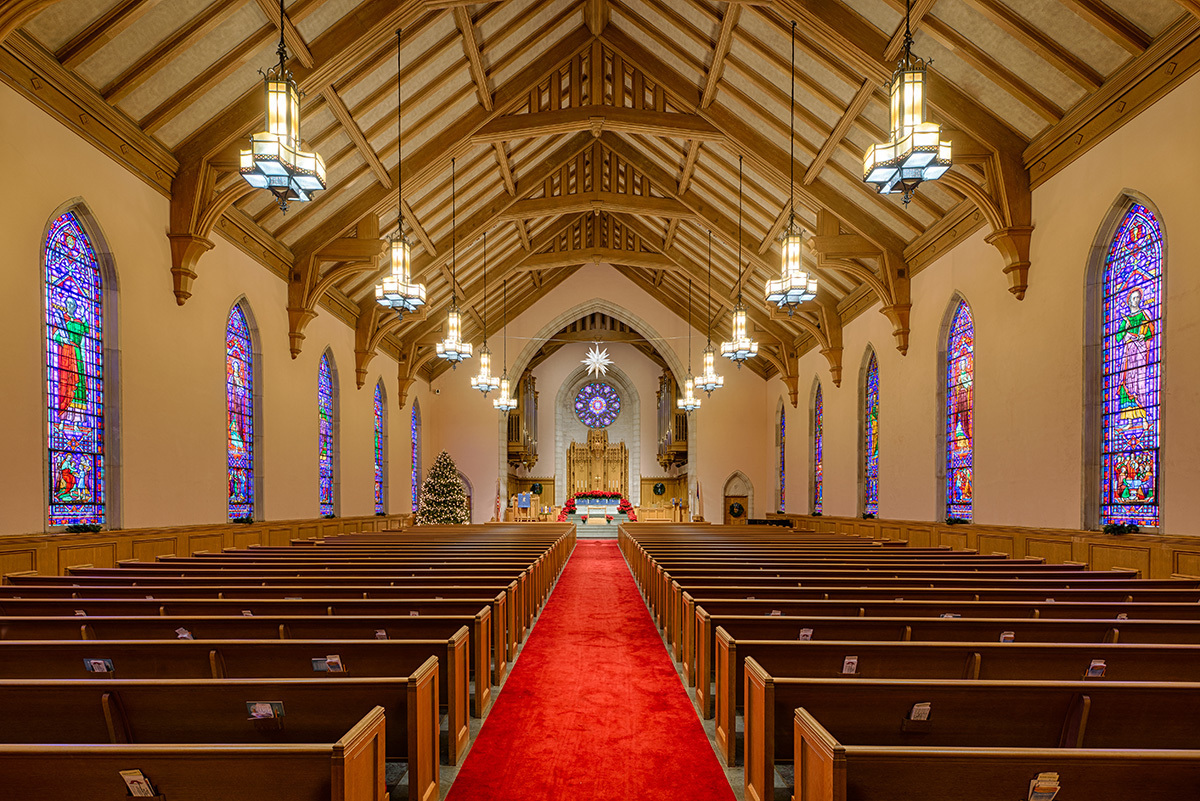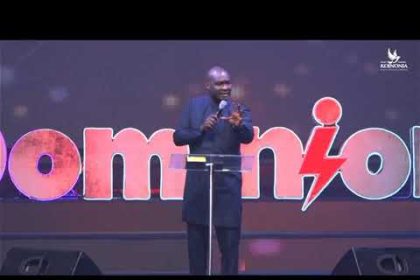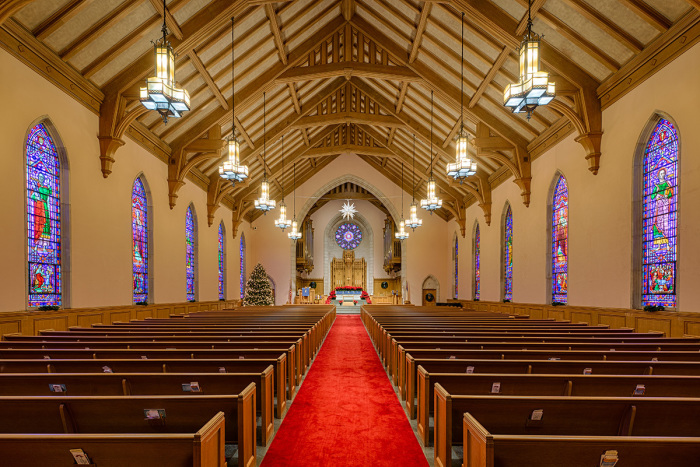
The progressive Christian social justice advocacy organization Sojourners is helping churches respond after a recent Trump administration decision to allow illegal immigration enforcement at houses of worship.
Sandy Ovalle, Sojourners’ senior director of campaigns and mobilizing, told The Christian Post that her organization is working with Latino church leaders, pastors and others as part of “a network of churches that we’ve created for this time.”
The hope is to be a resource to immigrant churches, where the pastor or members of their churches are immigrants.
“We are working through dispelling fear, we’re working through increasing confidence in their responses and in their care for their congregation, and we’re working to mobilize them for effective witness of our faith,” said Ovalle.
Last month, the U.S. Department of Homeland Security announced rescinding a policy initially enacted in 2011 during the Obama administration that prevented agents with U.S. Immigration and Customs Enforcement and Customs and Border Protection from conducting law enforcement operations in “sensitive” areas, including schools and churches.
Ovalle told CP that Sojourners is also working alongside the Georgetown Center for Faith and Justice, Fuller Theological Seminary’s Centro Latino and the Latino Christian National Network (LCN), where she serves as a board member.
“I do think that this is an opportunity for churches to exercise their religious liberty,” she continued. “To serve those who are in vulnerable circumstances.”
“We see this as a mission of religious liberty, of churches exercising their right to practice the faith that has been passed down from our Lord.”
The LCN Network was one of several Christian organizations and denominations to join a lawsuit filed earlier this week against the Trump administration’s rescinding of the sensitive areas policy.
Filed Tuesday in the U.S. District Court for the District of Columbia, the coalition of Christian and Jewish groups argued that the new policy violated their First Amendment rights.
“An immigration enforcement action during worship services, ministry work or other congregational activities would be devastating to their religious practice,” claimed the lawsuit.
“It would shatter the consecrated space of sanctuary, thwart communal worship, and undermine the social service outreach that is central to religious expression and spiritual practice for Plaintiffs’ congregations and members.”
Mat Staver, founder and chairman of the prominent conservative legal group Liberty Counsel, believes there is “no constitutional right” for churches to be “sanctuaries for criminal activity” and have “complicity in breaking the law.”
Staver contrasted the situation of churches sheltering criminal illegal immigrants with the work his organization did during the COVID-19 pandemic when many churches legally challenged lockdown measures.
“During COVID, churches defied the laws that banned worship. These bans went to the core of worship and those who defied the laws risked being arrested,” said Staver. “We represented those churches because banning worship is fundamentally different than harboring a fugitive inside a building.”
“If the issue is solely about whether a church building can harbor an illegal alien, I would decline to represent the church and would warn of the consequences to such actions. If the government began harassing the church or interfering with worship by shutting down the assembly, I would consider representing the church.”
Regarding concerns over harboring potentially violent criminals at churches, Ovalle told CP that churches “welcome those that are around us,” citing the Good Samaritan parable in the Bible.
“I think in the same way that we don’t ask for income papers when we pass out food in our pantries or our suppers, we meet the needs of those who need,” she said.
Ovalle contends the stricter measures of the Trump administration run the risk of making crime worse, believing illegal immigrants will be less likely to report crimes they witnessed for fear of being deported.
“Because the chances of people reporting crime decreases, it makes our communities less safe by breaking down the trust that immigrant communities have of police,” Ovalle added.
“I would say policies like removing the sensitive locations and requiring that local law enforcement cooperate with the federal government on immigration enforcement makes our communities less safe, creates toxic stress and fear, and promotes more crime, actually.”
In an interview with CP earlier this month, Pastor Samuel Rodriguez, president of the National Hispanic Christian Leadership Conference, said he has “received multiple assurances and clarification regarding the motivation behind [Trump’s policy].” It’s part of an effort, he said, to target criminal illegal immigrants and ensure that “there is no safe space for criminals to be able to hide, including churches, hospitals and schools.”
“Under no circumstance in the past 250 years of American history has there ever been a moment where federal troops have come in guns blazing into a church. And it will not happen under the Trump administration,” he added. “I do not foresee any circumstance where [Immigrations and Customs Enforcement] agents in cooperation with other law enforcement agencies go guns a-blazing on a Sunday morning service.”
However, he cautioned that “if there are innocent people, innocent with the exception of coming in here illegally, […] but they are in the vicinity, in the same room, the same house … with a group of people that are involved in crime, when the criminals get deported, there’s a good possibility, likewise, they will get deported.”
The use of houses of worship as places where criminals could claim sanctuary has a longstanding historical tradition that predates Christianity, being seen with ancient Greek and Roman temples.
“Early Christian churches competed with these pagan temples by offering their own protections, and by the end of the 4th century, sanctuary was a part of Roman imperial law,” explained History.com in a 2023 article.
“Even after the Western Roman Empire fell in 476, churches maintained their authority to protect people who had broken major secular laws. … Once a fugitive entered a cathedral, their pursuers could lie in wait for them outside, but they couldn’t enter to capture anyone.”

